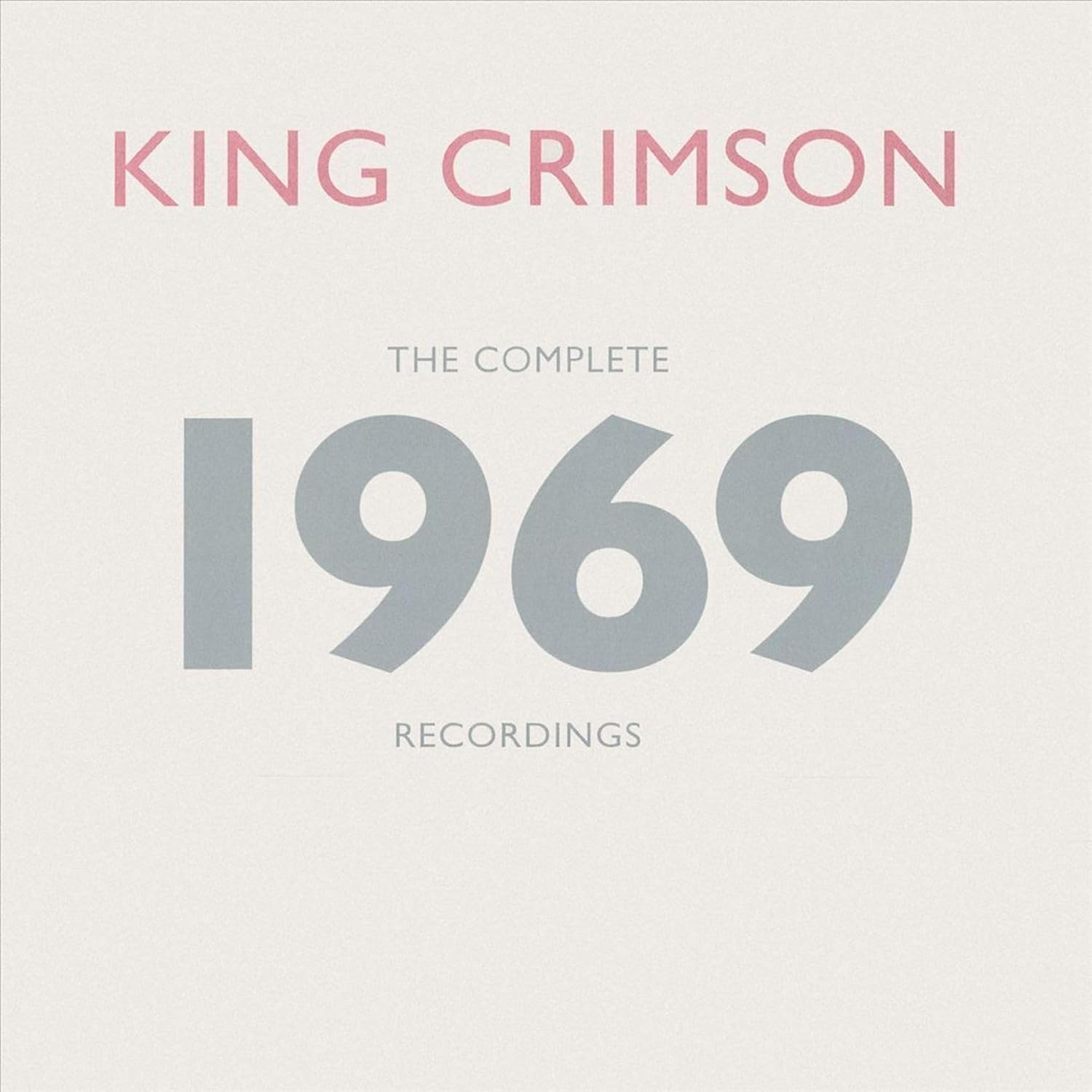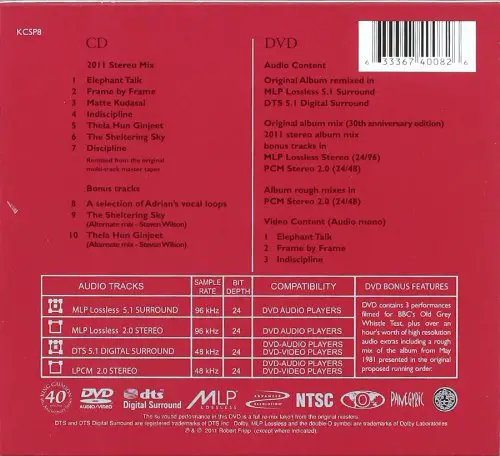Today, we at Grateful Web celebrate the birthday of the legendary Robert Fripp, a musical maestro whose genius has reverberated through the cosmos since the inception of King Crimson in 1968. Known for his eccentricity, innovative techniques, and a penchant for sonic exploration, Fripp has crafted a legacy that continues to influence musicians and bewilder fans worldwide.
King Crimson emerged from the vibrant London music scene in the late 60s, a time when rock was ripe for experimentation. Their debut album, In the Court of the Crimson King, released in 1969, was a groundbreaking endeavor that laid the foundation for progressive rock. With Fripp's visionary guitar work at its core, the band's music was a blend of rock, jazz, classical, and avant-garde elements, creating a sound that was both complex and compelling.
Over the decades, King Crimson has undergone numerous lineup changes, with Fripp being the consistent driving force. Each era of the band brought new sounds and innovations, yet always maintained the essence of Fripp’s meticulous craftsmanship and adventurous spirit.

Delving into the Sonic Marvels of King Crimson
21st Century Schizoid Man - The opening track of their debut album, this song is an explosion of aggressive guitar riffs, distorted vocals, and complex rhythms. Its biting social commentary and chaotic energy make it a timeless classic.
Epitaph - A hauntingly beautiful song, "Epitaph" is characterized by its melancholic lyrics and sweeping mellotron. The profound sense of despair and hope within its lines resonates deeply with listeners.
Starless - This epic track from Red (1974) showcases Fripp’s ability to blend melancholy with ferocity. The song’s gradual build-up to a powerful climax is a masterclass in tension and release.

Red - The title track from the same album, "Red" is an instrumental tour de force. Its heavy, angular riffs and complex time signatures exemplify King Crimson's prowess in creating intense, instrumental narratives.
The Court of the Crimson King - This majestic piece combines medieval imagery with symphonic rock. Its layered instrumentation and grandiose arrangement make it a definitive prog rock anthem.
Larks’ Tongues in Aspic, Part I - An adventurous instrumental, this track from the album of the same name features eclectic influences and showcases the band's ability to blend disparate styles into a cohesive whole.

Frame by Frame - From Discipline (1981), this song merges intricate guitar lines with new wave influences, reflecting the band’s evolution and Fripp’s innovative spirit during the 80s.
Matte Kudasai - A serene and melodic piece, "Matte Kudasai" stands out for its ethereal beauty and emotional depth. The interplay between Fripp's guitar and Adrian Belew’s vocals is simply mesmerizing.
Thela Hun Ginjeet - Also from Discipline, this track’s rhythmic complexity and narrative lyrics about urban paranoia highlight the band’s ability to experiment with both form and content.
One More Red Nightmare - With its driving beat and intricate guitar work, this song from Red captures the band’s raw energy and technical brilliance.
Fripp's eccentric nature is as legendary as his music. Whether it's his pioneering use of tape loops and Frippertronics, his disciplined approach to practice, or his quirky social media presence, Fripp is a true original. His collaborations span from the sublime (David Bowie’s "Heroes") to the experimental (Brian Eno), always pushing the boundaries of what music can be.
Robert Fripp’s contributions to music are immeasurable. His work with King Crimson has not only shaped the progressive rock genre but has also inspired countless musicians across various genres. His dedication to exploring new sounds and techniques ensures that his influence will continue to be felt for generations to come.
Happy Birthday, Robert Fripp! Here’s to the man who turned musical convention on its head and made the impossible seem ordinary. May your journey through the sonic landscape continue to be as adventurous and unpredictable as ever.






















